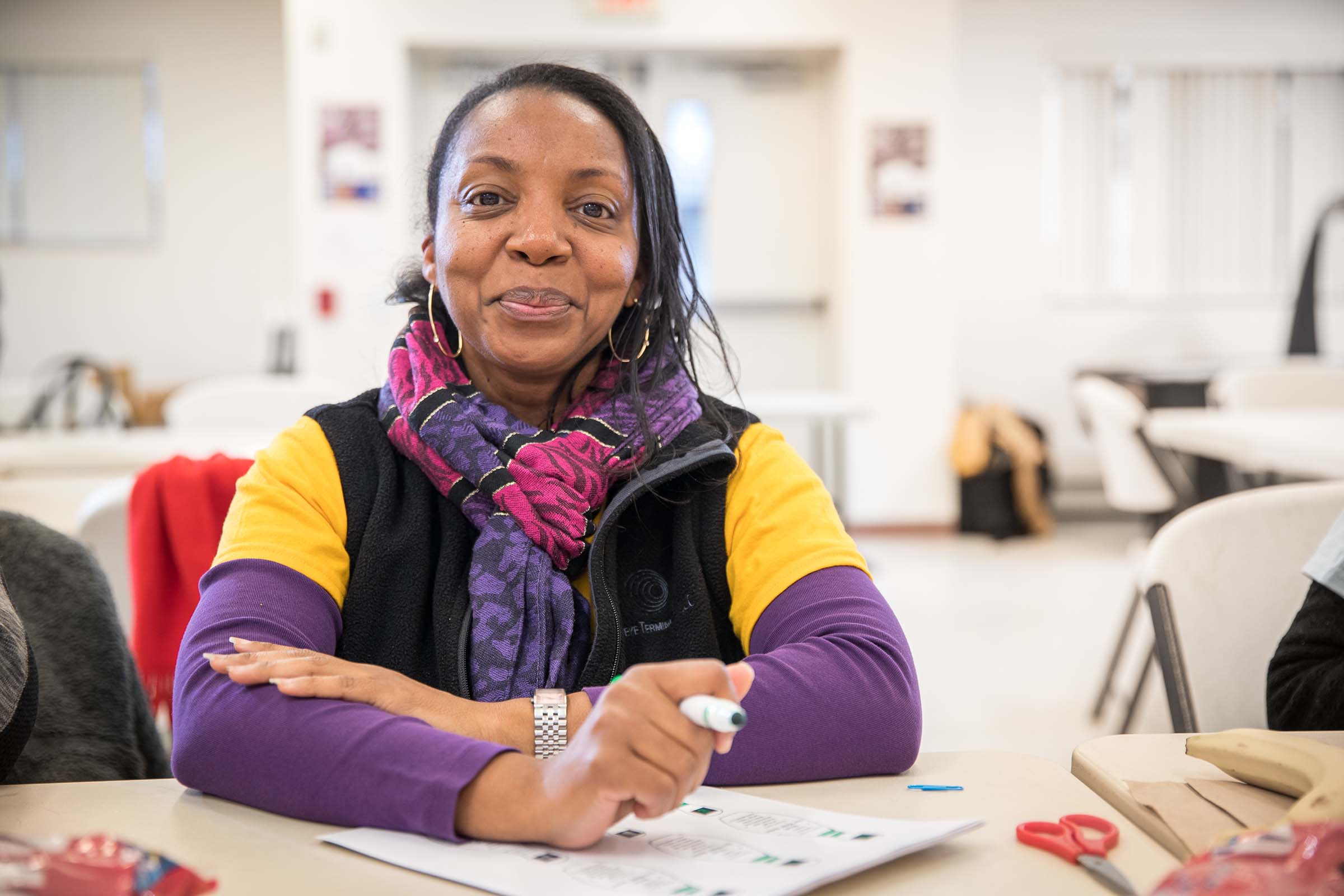Trauma-Informed Training Request

It is important to understand what trauma is, how it can impact development, show up in day-to-day situations, and what you can do to create a safe community where we all can heal and thrive.
Resilient Lehigh Valley offers a core set of trainings designed to help individuals, organizations, and communities more effectively strengthen relationships from a culturally responsive, healing framework that builds resilience. Interested in engaging Resilient Lehigh Valley for training please reach out using the form below. Trainings are typically in person with a virtual option if requested. The training team can adapt content as per the needs of the specific audience.
After you complete the form below, our training team will review it, and someone will contact you for more information to proceed.
Trainings Offered
From Trauma to Hope and Resilience (Trauma 101)
This 2.5-hour training is taught from a hope-instilling and resilience-building perspective. The definitions of the following terms (among others): ACEs (Adverse Childhood Experiences), PCEs (Positive Childhood Experiences), Toxic Stress, and Resilience will be discussed. An exploration of the latest research on the lifelong health implications of experiencing trauma and toxic stress will deepen participant’s understanding of the impact of trauma. Tools for building resilience in individuals, families, and communities will be identified. Resources to mitigate the impact of trauma will be provided.
Healing the Brain and Moving Toward Resilience After Trauma (Formerly Trauma 102)
This 2.5-hour training delves into the impact of trauma on brain and nervous system functioning after a person experiences trauma and/or toxic stress. Instructors will identify the main structures of the brain and central nervous system. Participants will be able to list the impacts of trauma/toxic stress on the brain. They will also be able to describe how behavior is affected by traumatic experiences at various developmental stages. Finally, there will be an exploration of the latest evidence-based practices that can help heal the brain
Addressing Vicarious Trauma in Helping Professionals: An Introduction
Trauma-Sensitive De-escalation and Emotional Regulation Techniques
Becoming a Trauma-Informed Organization for Clients and Employees
Compassion Resilience
The Compassion Resilience Toolkit provides support and resources to help organizations, teams, and caregivers build and maintain a culture of well-being and compassion. The toolkit helps teams and individuals maintain empathy, strength, and hope, and prevent compassion fatigue. This 2.5-hour interactive training will help you to start to develop self-compassion and compassion resilience in your professional and personal lives. You can learn more at https://eliminatestigma.org/compassion-resilience-toolkit/

